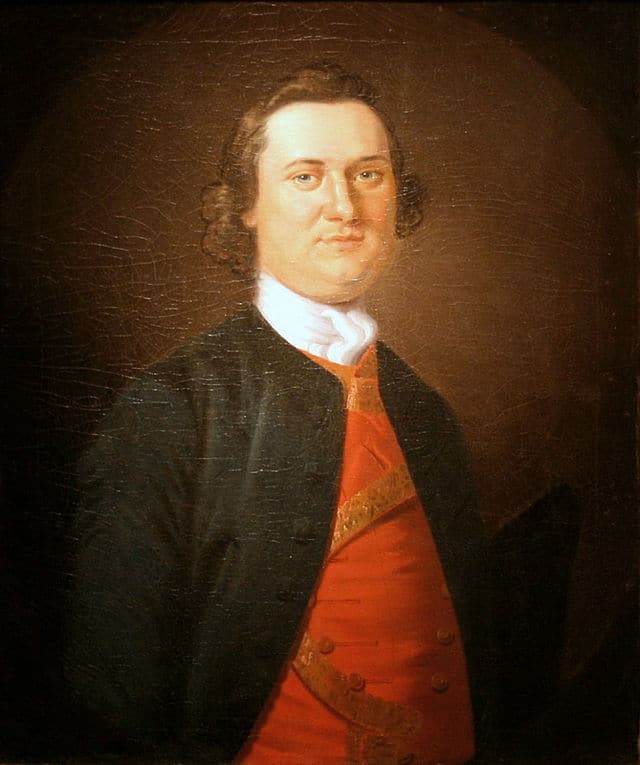Lewis Morris (April 8, 1726 – January 22, 1798) comes from an influential political family in New York politics whose fingerprints can be found all over the founding of the United States of America.

Lewis was selected to be a delegate to the Continental Congress and would eventually cast his vote for independence.
He and fellow delegates from New York, Francis Lewis, William Floyd, and Philip Livingston, signed the Declaration of Independence at the Second Continental Congress.
The Morris Family Legacy
Lewis Morris III was born to his father, Lewis Morris Jr., in April of 1726. His father was the son of Lewis Morris Sr., whose father was Richard Morris. Richard emigrated to the 13 original colonies in the mid-17th century, shortly after the end of the English Civil War.
Richard bought the land that is now in the Bronx and began building Morrisania. Richard and his wife died suddenly and left their infant son, Lewis Morris Sr., orphaned. Richard's brother, who also bore the name Lewis, arrived in Morrisania, took control of the estate and raised young Lewis.
Colonel Lewis Morris was stationed in Barbados when he learned of his brother's untimely death. The child grew to become Governor of New Jersey.
Lewis Morris Jr. took control of his father's estate after his death in 1746 and managed it until his death in 1762. His son, Lewis Morris III, took control of the estate and was elected as a delegate to the Continental Congress.
His half-brother, Gouverneur Morris, would be an influential player at the Constitutional Convention. Both of these men would produce children who served in New York politics for a couple of generations after their death.
Morrisania and the American Revolution
Morrisania was ransacked by the British during their occupation of New York. Lewis left his home in New York and could not return to it until the war's end. He served the Continental Congress throughout the war.
After the war, he returned to New York and began rebuilding his family's estate and was selected to serve as a representative of New York in the Constitutional Convention.
Lewis Morris had three sons who served in the Continental Army during the American Revolutionary War:
- Colonel Lewis V. Morris
- General Jacob Morris
- Lieutenant William Walton Morris
Each of these men went on to have distinguished military careers. Morris also had two younger sons, Staats Morris and Richard Valentine Morris, who also served in the military. They were too young to participate in the American Revolutionary War, but both fought in the War of 1812. The Morris family from New York was a military as well as a political family.
Death
Lewis Morris died on January 22, 1798. Charles Goodrich, who authored the Lives of the Signers of the Declaration of Independence, said this about his final years:
The latter years of Mr. Morris were passed at his favorite residence at Morrisania, where he devoted himself to the noiseless but happy pursuit of agriculture, a kind of life to which he was much attached and which was an appropriate mode of closing a long life, devoted to the cause of his country. He died on his paternal estate at Morrisania, in the bosom of his family, in January 1798, at the good old age of seventy-one years.
Colonial Hall has an excellent biography on Lewis Morris if you would like to read more about him.
